CAR CRASH, NOW WHAT?
At some point, almost everyone will be involved in a car crash. Most of the time people are unsure what to do if they are in a car crash. There are several important keys to remember if you are involved in a car crash that may make a difference in your personal injury case. After almost every crash there are legal ramifications later. You need to be thinking about and preparing for a case from the moment the crash happens. Each of these tips will assist you:
1) Make sure that you call the police even (even if the crash is small) – It is important to recognize that police respond to a crash, investigate, and produce a police report. This police report is an essential document which is relied upon heavily by the insurance companies. Remember that you do not have to pay a bill for police responding, so why not have a neutral party show up to fairly evaluate the situation. Otherwise the crash can turn into a “he said, she said” battle which may result in insurance companies denying coverage. If you are wondering if you need an interpreter present at the scene of a crash click here.
2) Look for witnesses – Witnesses are essential to discovering the truth. If someone witnessed the crash then get their information. Sometimes there is a pedestrian that saw the crash but doesn’t have time to stay and wait for the police to arrive. Get their name and phone number and you can follow up with them later.
3) Take pictures and videos – It is important to document the positioning of the vehicles at the time the crash took place. If you can do so safely, leave the cars where the crash occurred and in the position that the crash occurred and take photos and videos from several angles. If it is not safe to take the photos then move your vehicle out of the road and get to a safe place. Having pictures of the positions of the cars may later help the police officer determine who is at fault. Also, those pictures may come in handy if your insurance company screws you over and you have to file a lawsuit.
4) Gather information from the at-fault driver – You will need to get the at-fault drivers license, vehicle registration, and insurance information. As soon as you are physically able, call the at- fault insurance carrier and make a claim. If they ask you to do a “recorded statement” you
should decline. Please note that you do not have to give a recorded statement to an opposing insurance company and in fact it might hurt your case to do so.
5) Get medical care – One mistake that people often make is that they postpone getting needed medical attention because they are worried about paying for the medical bills. There are several ways to pay for medical bills and it largely depends on which state you live in. Failing to get needed medical care may result in difficulties in your case and worse, chronic pain. Make sure that you contact an injury attorney who can help you understand how to get your medical bills paid.
6) Call an injury attorney – The earlier that you can get in contact with an injury attorney the better off you will be. An injury attorney can ensure that you do not fall into any of the insurance pitfalls. Please note that injury attorneys work on what is called a contingency fee. This means that they do not get paid unless you get paid. Regardless of your income you can get an injury attorney to help you because they get paid out of the settlement at the end. There is no risk to you.
